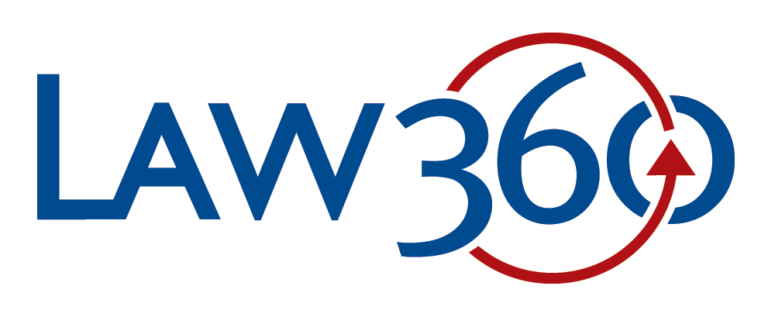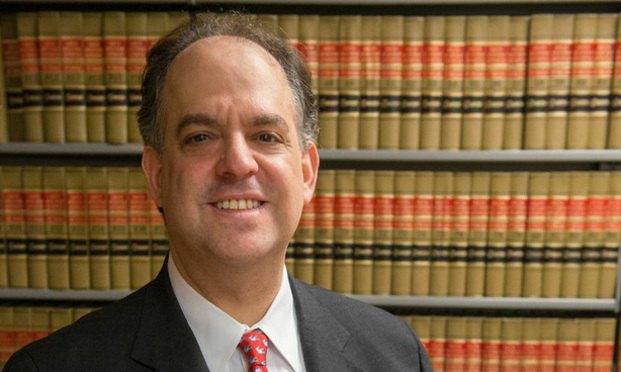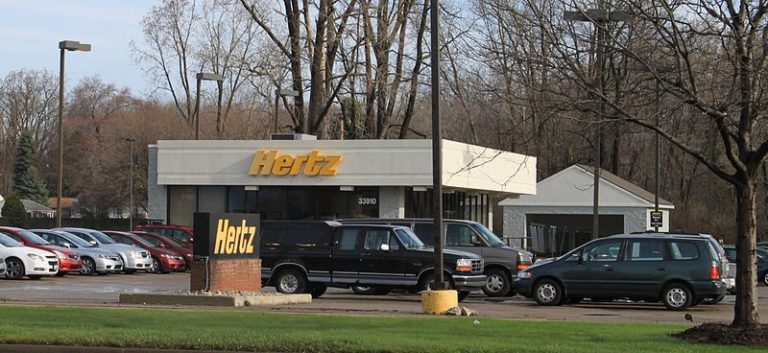9th Circ. Chucks Bluetooth Deal Due To High Atty Fees
"We got a very good ruling about the importance of these issues," Frank said. "There are a lot of settlements structured like this, and we got a very firm ruling from the Ninth Circuit that this is a problem."










